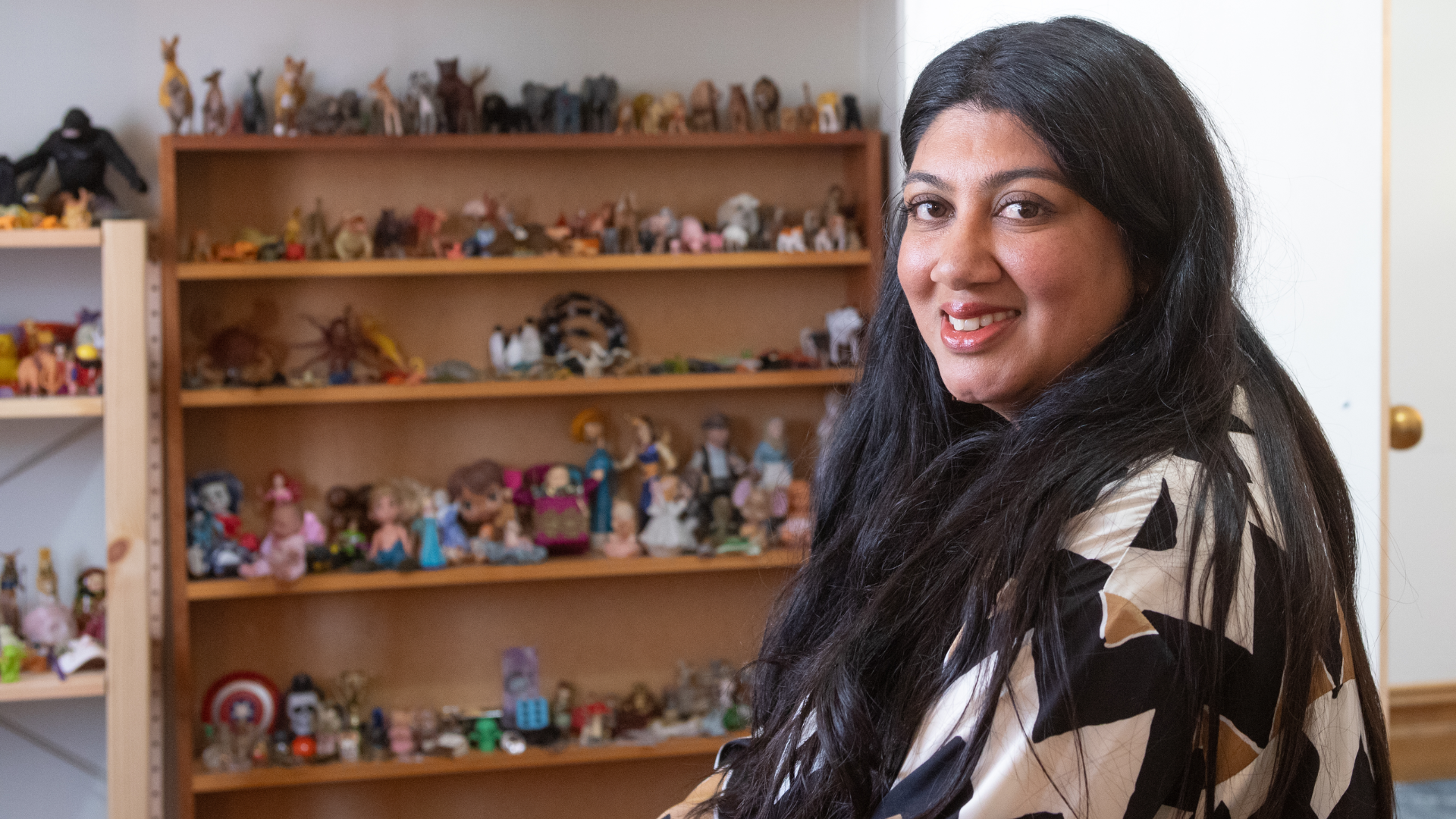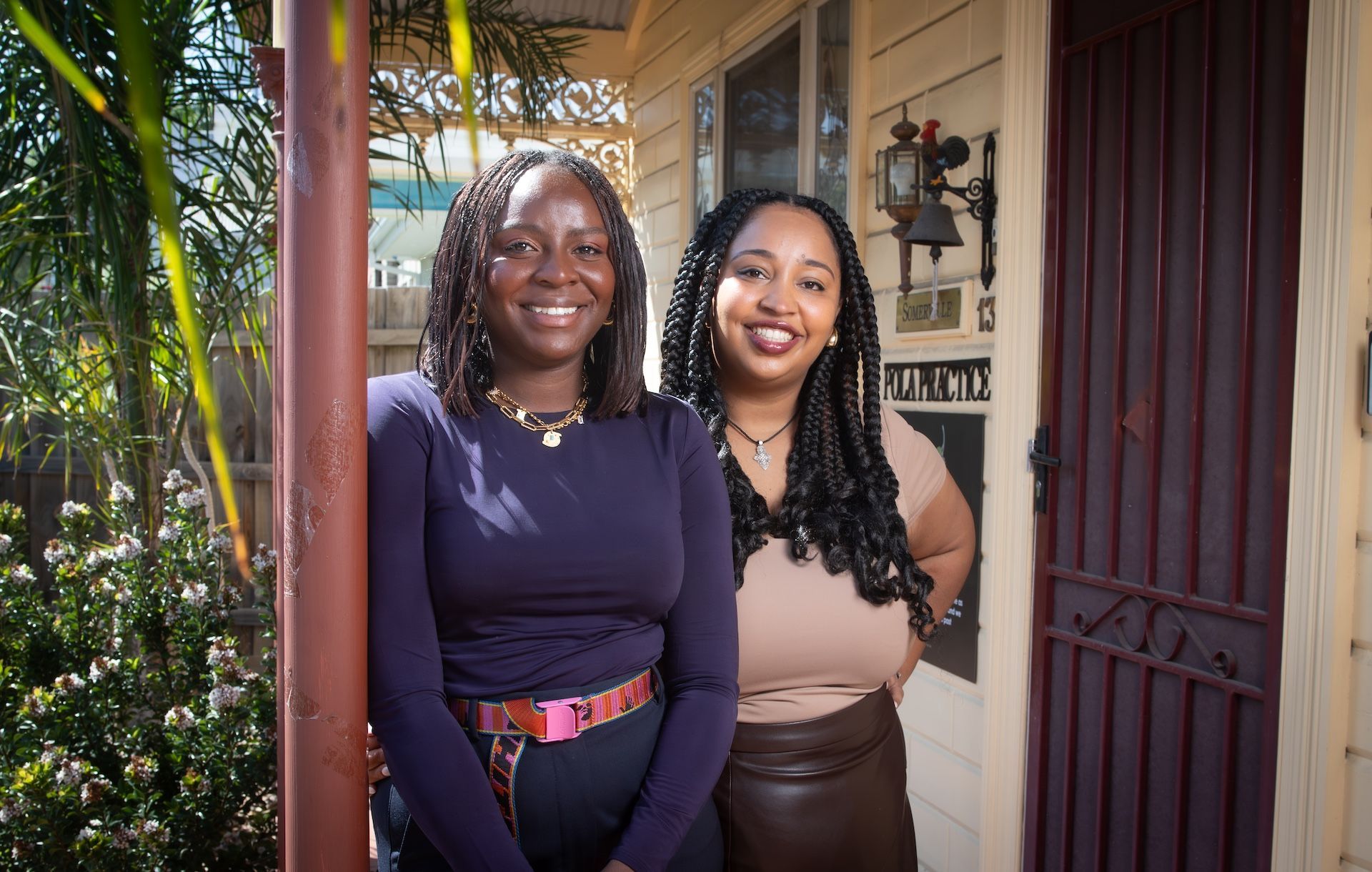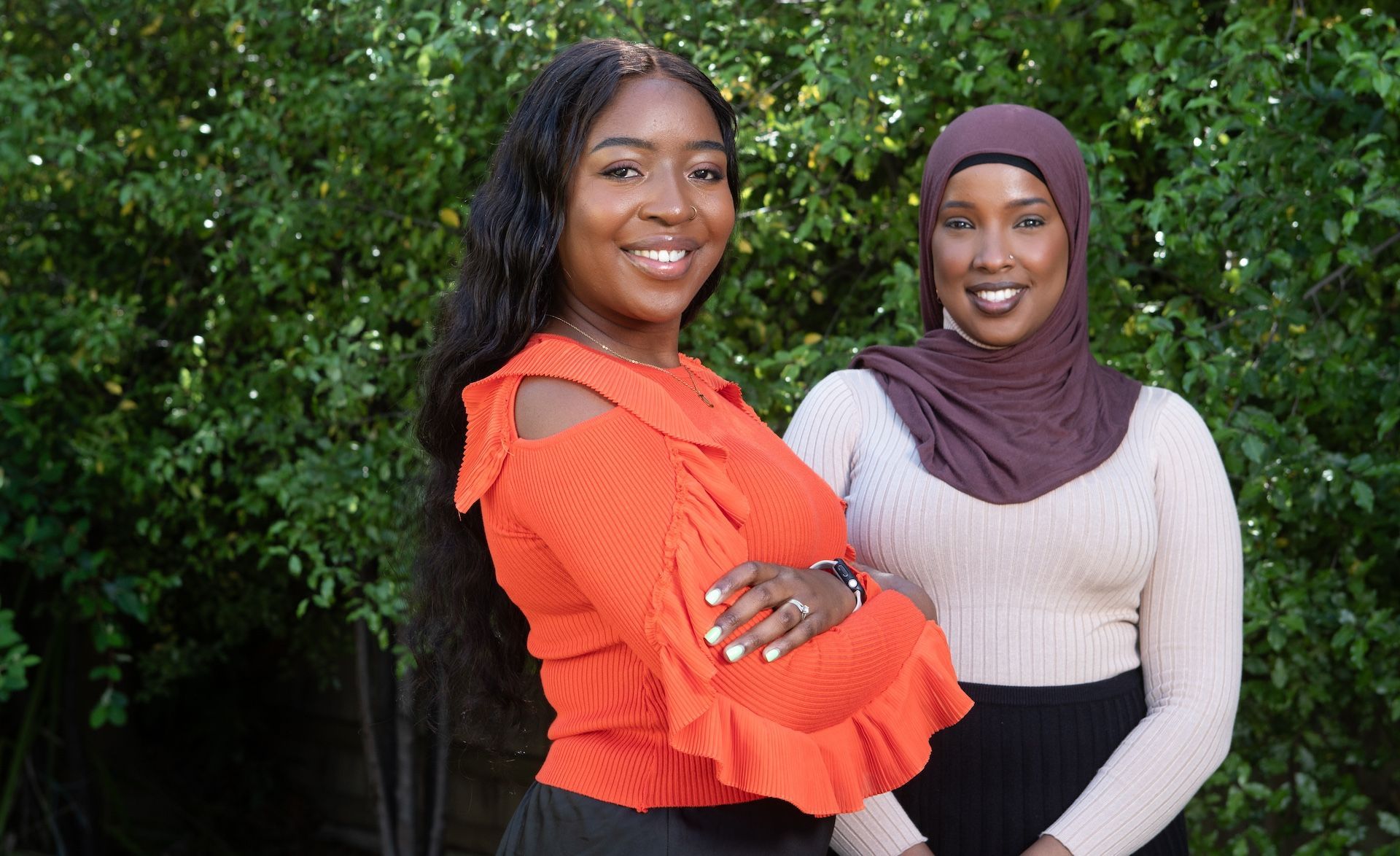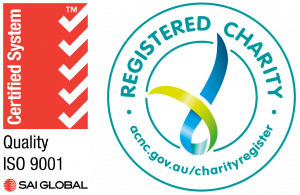
Positive social change through culturally responsive care
Pictured: Avrille Burrows, a mental health clinician and arts therapist at Pola Practice in Ascot Vale. (Image: Leigh Henningham)
NWMPHN’s 3,200 square kilometre catchment is one of the most diverse areas in Australia. More than 39 per cent of its residents were born overseas. Collectively, more than 200 languages are spoken.
The CRIP framework was developed by Ms Namwinga and published in 2023. It provides, she says, “a novel and robust framework” for delivering care.
“We engage in self-reflection, remain aware of our biases, individually and as a service provider, and use inclusive, flexible intake tools to respect diverse identities and cultural norms,” she continues.
“By asking open-ended questions about the client’s cultural background, understanding social determinants of health, and experiences with discrimination or marginalisation, practitioners avoid assumptions and create a safe, empowering environment that fosters collaboration and trust.”
The catchment is also home to Australia’s perhaps largest concentration of people who arrived as asylum-seekers.
All people, everywhere, regardless of heritage, are sometimes susceptible to mental ill health. But when that ill health is compounded by language barriers, cultural norms and often-ignored social-political factors, receiving appropriate treatments and support can be very challenging.
Recognising this, the team at Pola Practice, based in Ascot Vale, is not only dedicated to providing culturally responsible access and support, it is also building theoretical and practical approaches in the field.
“At Pola Practice we provide culturally responsive intake using the
Culturally Responsive and Intersectional Practice (CRIP) framework, because it ensures that as mental health practitioners, we approach clients holistically, recognising the complex interplay of cultural, social, and individual factors that influence mental health,” says practice founder and senior clinical psychologist, Nasalifya Namwinga.
... remain aware of our biases ...
... [the IAR-DST] has become an integral component of our intake and allocation process.
... safe, local, and appropriate care ...
Such assumptions, or biases, can be complex and so deeply embedded that without intentional self-reflection they often remain unacknowledged.
They include racial bias – in which, for instance, particular races are viewed as more prone to aggression or substance abuse – and cultural bias – wherein certain cultures are viewed as more stoic or resilient than others, which negatively impacts diagnostic or support decisions.
Other biases centre around sexual orientation and gender.
“There is also confirmation bias,” she says, “where providers seek out information that confirms their pre-existing beliefs about a client. For instance, a psychologist might assume that a person with a history of trauma must have PTSD, while ignoring other possible diagnoses.”
The Pola Practice approach recognises that people are inherently complex, and that many factors often combine to influence mental health. This is known as intersectionality.
“The CRIP framework emphasises an intersectional approach,” says Ms Namwinga, “It acknowledges that multiple aspects of identity — such as race, gender, socioeconomic status, and sexual orientation — intersect to shape the client's experiences.
“Our intake questions reflect this awareness by exploring how systemic inequalities and power dynamics impact the client’s well-being and access to care. This approach promotes equity and cultural humility, creating a foundation for more individualised, effective, and trauma-informed mental health care that respects the client’s unique context.”
The CRIP framework also dovetails effectively with the Australian Government’s own Initial Assessment and Referral Decision Support Tool (IAR-DST), which NWMPHN has played a leading role in trialling and promoting.
Pola Practice was an early adopter of the tool, seeing it as a useful adjunct to its own approach to cultural responsiveness.
“The IAR-DST is very useful in providing a shared language and objective measure of intensity, and it has become an integral component of our intake and allocation process,” says practice co-founder and senior counsellor, Tigist Kebede.
“Its domains around treatment history and recovery are very helpful in providing dynamics to a consumer’s risk analysis. However, the IAR-DST alone does not intuitively facilitate culturally responsive assessments. A culturally responsive lens needs to be brought to its application in order for it to consider cultural nuances.”
And it is through this type of use and analyses the IAR-DST will become better embedded as it continues to be adopted as standard practice in many areas of primary care.
As well as providing care and support to its own clients, Pola Practice has also been active in building and testing a culturally responsive training package for CAREinMIND™ mental health service providers.
For Ms Kebede and her colleagues – and NWMPHN – this reflects a fundamental element of health care.
“Culturally responsive frameworks are essential to improving health equity by driving appropriate care for population groups at risk of poor health outcomes,” she says.
“In this area, these groups include multicultural, Aboriginal and Torres Strait Islander and LGBTIQ+ communities. It is an important way of increasing access to safe, local, and appropriate care for all.”
Both the CRIP framework and the IAR-DST are useful in revealing insights about clients, thus assisting appropriate treatments and supports.
For Ms Namwinga, however, they also have another, very important function. They encourage service providers to not only see clients with fresh eyes, but also to see themselves anew.
“They encourage self-reflective practice,” she says. “Awareness of bias encourages practitioners to engage in ongoing self-reflection and professional development, ensuring they continually improve their practice.
“It is so important for providers to reflect on their knowledge, skills, attitudes, practices and conscious and unconscious biases and how this influences practice and consumer outcomes.”


2023-24 in focus

